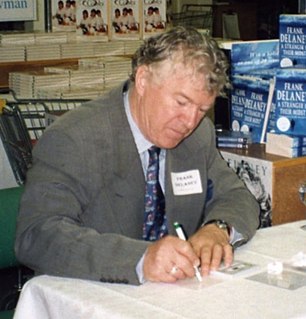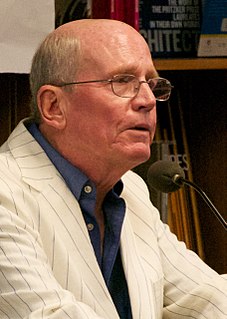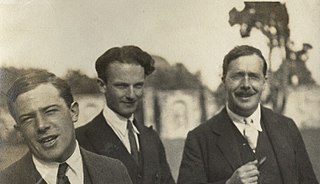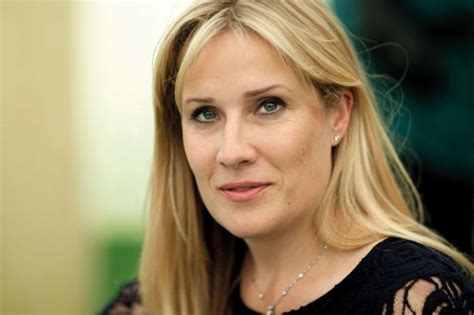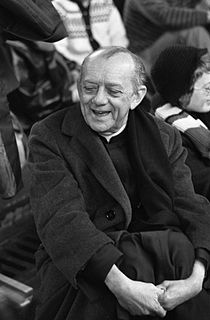A Quote by Azar Nafisi
The best work of literature to represent the American Dream is 'The Great Gatsby' by F. Scott Fitzgerald. It shows us how dreaming can be tainted by reality, and that if you don't compromise, you may suffer.
Related Quotes
I fantasised about F. Scott Fitzgerald's 'The Great Gatsby' - I loved it, and then I read everything J. D. Salinger had to offer. Then I was turned on to Kerouac, and his spontaneous prose, his stream of consciousness way of writing. I admired him so much, and I romanticised so much about the '40s and '50s.
Fitzgerald could sense that America was poised on the edge of a vast transformation, and wrote a novel bridging his moment and ours. The Great Gatsby made manifest precisely what Fitzgerald’s contemporaries couldn’t bear to see, and thus it is not only the Jazz Age novel par excellence, but also the harbinger of its decline and fall.
Personal identity seems like it's just such an American archetype, from Holly Golightly re-inventing herself in 'Breakfast At Tiffany's' to Jay Gatsby in 'The Great Gatsby.' It seems like the sort of archetypal American issue. If you're given the freedom to be anything, or be anyone, what do you do with it?




